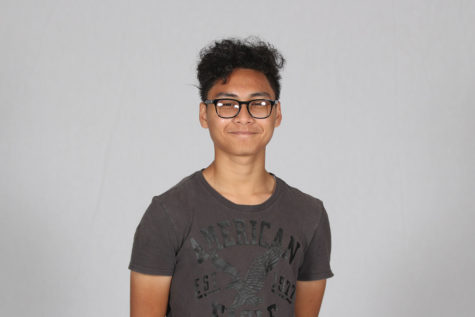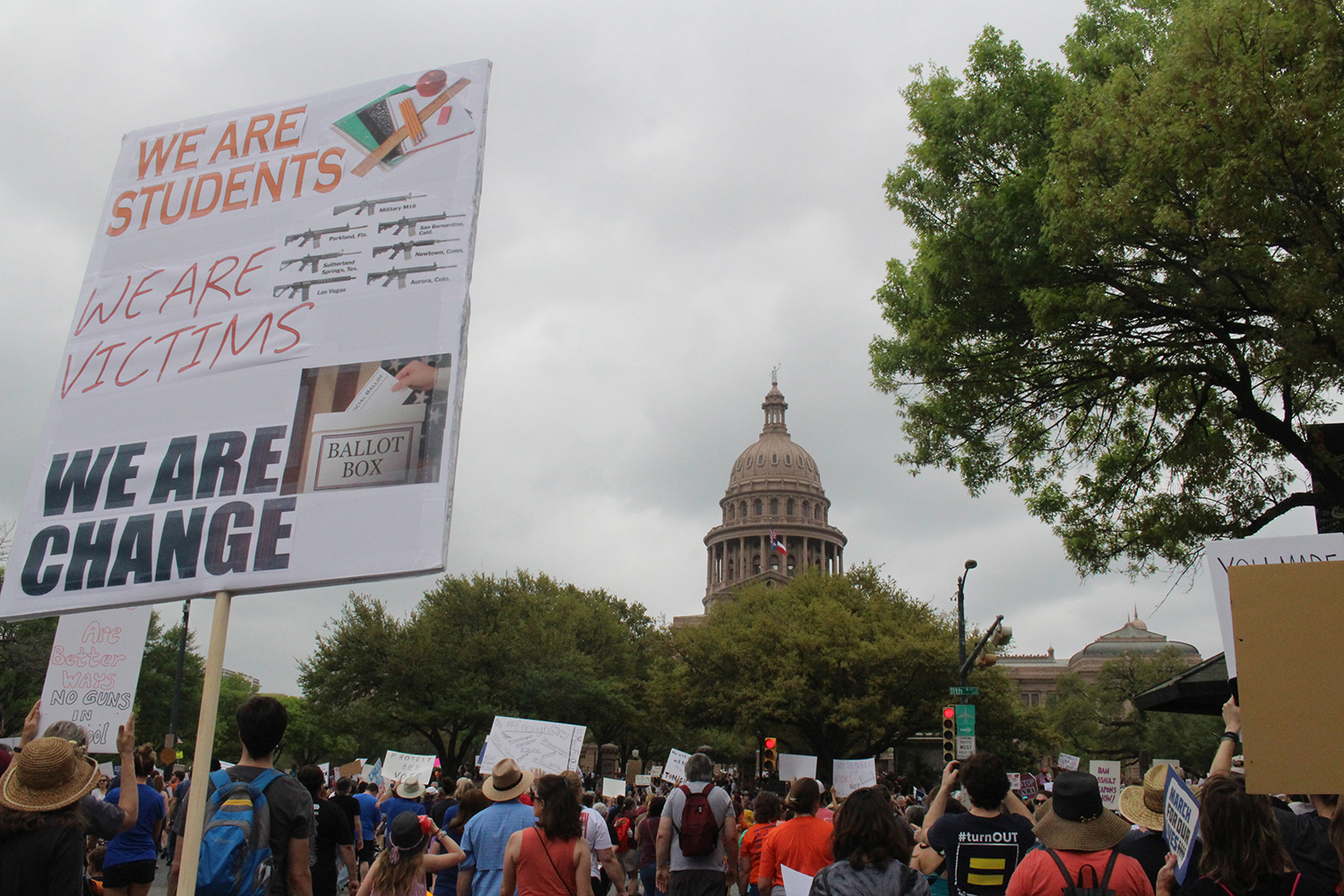Rigged system. Lame candidates. Political gridlock.
These are all reasons why young people say they often do not vote. In the past elections, voter turnout in Texas was in general and especially among young people, very low.
During the 2012 elections, only 46.9 percent of eligible voters had participated, ranking the state at 48th out of 50 states and D.C. During 2016, only about 51.2 percent of eligible voters participated, leaving the state in the same low ranking. During the 2014 midterm election, about 28.6 percent of Texans participated.
In addition to this, national voter turnout for the 18-24 year old demographic tends to garner similarly low numbers. In 2012, 38 percent of eligible voters in the age group voted. During the 2014 midterm election, the percentage more than halved to 15.9 percent. In the 2016 elections, the turnout rate was 39.4 percent.
Senior Michael Garcia, who is a member of the Austin Corps internship program at Akins, said that young people tend to not vote because they feel their vote doesn’t matter.
“Students don’t care because they think that the system is rigged,” Garcia said. “They think that one vote isn’t going to sway anything. They think that even if they do choose, all the candidates suck so it wouldn’t even be worth it and they stop caring.”
Austin Corps is an internship program that takes students from three high schools and teaches them to work in different city offices and how to get citizens involved in politics. Social studies teacher Linda O’Neal, who is the sponsor for Austin Corps, said she wanted to be an example to her students when she decided to run for Austin City Council this year “These internships help us to get real-life experience working with the government,” said Hailey Matteson, senior and Austin Corps intern.
In October, the organization partnered with the League of Women Voters to register eligible Akins seniors to vote. In addition to this, Austin Corps organized a mayoral candidate forum for students and community members to learn about the people looking to be the next leaders of city government.
“All of our events that we do are student planned,” Matteson said. “The mayoral forum was really cool. We got to have candidates come and have students learn about them.”
Senior Jordan Carlisle is registered to vote. He said that he was reluctant to vote because he felt uninformed, but thinks that it is important to do so.
“Everyone needs to vote because if we don’t then it would cause more problems in the long run,” Carlisle said.
Senior and Austin Corps intern Marissa Lugo said that being knowledgeable about politics is essential for newly eligible voters. She said that with knowledge comes a new interest in involvement and voting.
“You can’t really change anything if you don’t have the knowledge to,” Lugo said. ”You begin to get all this knowledge (about) what certain people do, such as the people in city council and the city manager, who actually does more than the mayor.”
This election, Travis County received record-breaking registration numbers. This year’s voter registration numbers were more than double the previous 2014 midterm election…
“The older generation is just getting older,” Evans said. “We’re the new phase of politics and I think it’s really important for us to show that. Whoever shows up to the ballot is who will be in charge.”
Garcia said that he advises new voters to vote for individuals who align with their beliefs and not be blinded by party lines. The “D” or “R” by a candidates name can be deceiving.
“Political parties are like a brand name,” Garcia said. “If one of the opposing candidates are better than the other, go for that one. Try to investigate what their actual point of view is.”
Evans said that voting is a vital power for young people to harness because it dictates their life going forward.
“It’s the future,” Evans said. “The future is in their hands and if they don’t vote then the future is not in their hands.”
Although it is the most direct way we can influence our government, voting is not the only way students can get involved in the political process. Many high school students were stirred into taking action in response to the mass shooting in Parkland, Florida in February.



